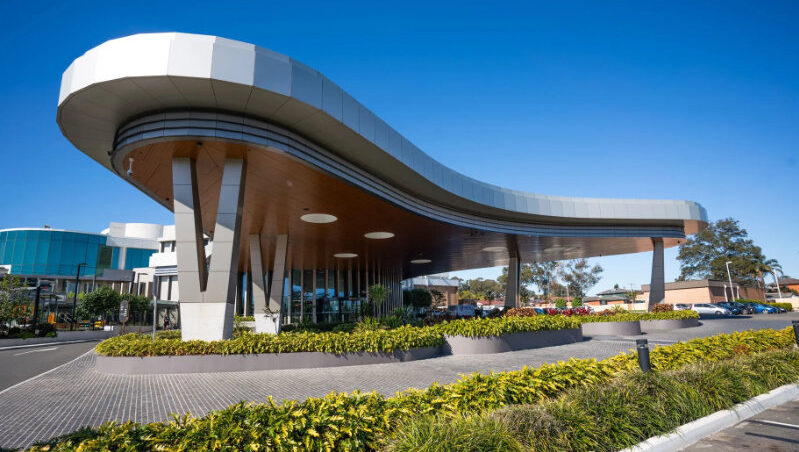Are big profits and $2B+ in annual tax income from money laundering at pokie clubs about to come to an end? Whistleblower Troy Stolz talks to Michael West.
On 30 July 2025, AUSTRAC launched Federal Court civil penalty proceedings against Mount Pritchard District and Community Club (Mounties), for alleged serious and systemic non-compliance with Australia’s anti-money laundering and counter-terrorism financing (AML/CTF) laws.
Mounties is one of the largest and most profitable club groups in NSW, boasting about 1400 poker machines across eight venues.
AUSTRAC CEO, Brendan Thomas, said AUSTRAC alleges failures in the Mounties’ approach to its anti-money laundering obligations have left it open to criminal exploitation. He also referred to a landmark 2022 NSW Crime Commission report, which found that billions of the approximately $95B gambled in NSW poker machines in 2021/22 were likely to be “dirty money”.
Stolz reckons these are unusually “strong words from the Federal Regulator. This is somewhat uncharted waters for AUSTRAC. Will this set the precedent for Clubs and Pubs with pokie machines, and will their Directors be held personally accountable?”
Stolz was hauled through the courts for years after blowing the whistle on ClubNSW members’ failure to comply with AML regulations and allowing criminals to launder money on a massive scale, says, “There has been reluctance in this country to send a message to directors who have failed in their oversight obligations. The Corporations Act is quite clear on where directors fail to exercise their powers and discharge their duties.”
And Mounties, the biggest pokies club in Australia by revenue, is very unlikely to be the only one. Stolz reckons there are 130 other clubs with the same AML program,
so this AUSTRAC action could be on for a while.
How the crims do it
Many people play the pokies for a bit of fun, and most lose most of the time. For those wanting to launder money, it’s not just for fun, and losses are merely the cost of doing business. They’re pumping and dumping cash anonymously through the pokies, then cashing in.
The cash redemption machines allow $5k of redemptions each time, multiple times a day. Put the money in the bank, and the pokie machine cashier tickets serve to prove the “legitimate” source of income.
To avoid detection by CCTV, playing and cashing are done at different times. Clubs may investigate, but evidence from the Crime Commission report suggests it’s all too hard. Why would the clubs want to kill the golden goose?
Besides, they say, we are so community-minded, we give away millions every year, a notion an earlier MWM investigation thoroughly dispelled, showing the largesse amounted to less than 2.5% of total pokies revenue, a lot less than they paid to senior management over the same period.
Using Mounties as an example, of their estimated $60m in net pokie revenue, which is a fraction of the billions spent on the pokies, Mounties give away up to $1.5m annually.
The NSW State Government is much better off, with its share of the pokie revenue $2.3B in 2023-24. A sizeable chunk not easily replaced, which may explain why Premier Minns, despite lofty promises, is not pushing too hard to introduce the cashless gaming card.
The voluntary trial has only been taken up by 14 clubs so far.
Austrac vs Tabcorp precedent
Up until last week’s whopping $90m fine against Qantas, the highest ever civil penalty in corporate Australian history was the $45m penalty ordered against Tabcorp by the Federal Court of Australia following an AUSTRAC investigation.
But the clubs will fight, and they’ll fight hard, as Troy Stolz knows all too well. Stolz fought ClubNSW for years while fighting cancer himself, so far battling through 53 rounds of chemo and eight bouts of radiation. He settled with ClubNSW in 2023. He reckons,
Between 20 and 30% of pokie revenue is money laundering.


